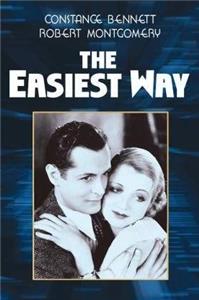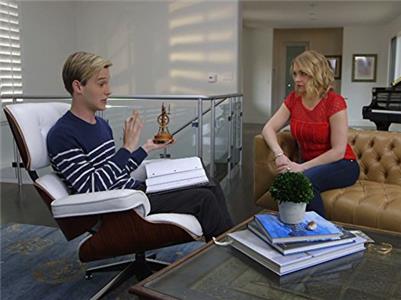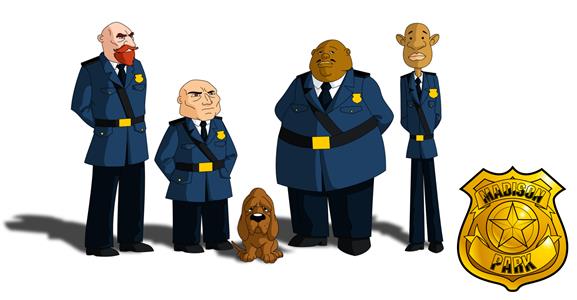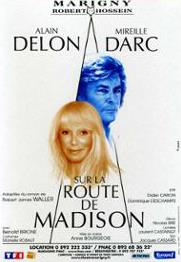The Easiest Way (1931) Online

Growing up in a poor working-class family, Laura decides not to marry the boy-next-door and instead accepts wealthy, older Will Brockton's invitation to move in with him. After falling in love with young up-and-coming newsman Jack Madison she leaves Brockton to wait for Madison's return from a long assignment. She runs out of money and becomes desperate, returning again to Brockton who, upon learning of Madison's sudden arrival, tells Laura she must inform Madison of her living situation or he will.
| Complete credited cast: | |||
| Constance Bennett | - | Laura Murdock | |
| Adolphe Menjou | - | William Brockton | |
| Robert Montgomery | - | Jack Madison | |
| Anita Page | - | Peg | |
| Marjorie Rambeau | - | Elfie | |
| J. Farrell MacDonald | - | Ben | |
| Clara Blandick | - | Agnes | |
| Clark Gable | - | Nick |
The original play opened in New York on 19 December 1909.








User reviews